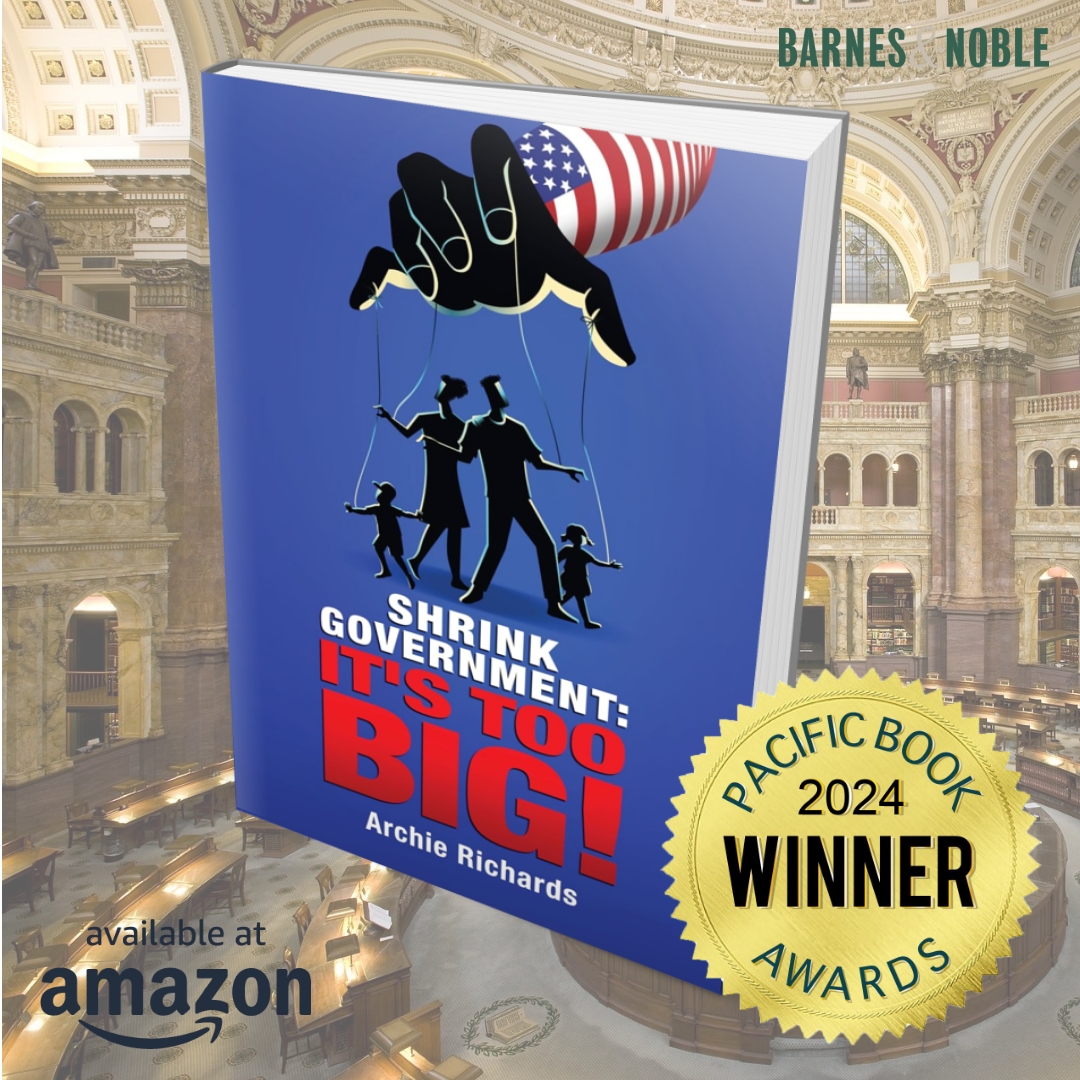Amidst the uncertainty of today’s economic landscape, the Federal Reserve has begun hinting at a potential interest rate hike prompted by persistent inflationary pressures. This development is a stark reminder that the era of easy monetary policy may be far from over. Brimming with apprehension, Wall Street faces the reality that interest rates might climb higher, a scenario that seemed implausible to many just a short while ago.
The minutes from the Federal Reserve’s May Day meeting reflect a growing consensus among officials: they are prepared to tighten policy further if inflation risks intensify. This determination to combat inflation underscores the gravity of the situation, with Fed officials expressing concern over “disappointing” inflation data. Despite maintaining the benchmark interest rate between 5.25 and 5.5 percent since last July, the Fed’s anxiety over persistent housing and labor costs and dwindling benefits from supply chain improvements is palpable.
The increasingly hawkish tone in the Fed’s recent communications indicates a potential shift from the hopeful soft-landing thesis. Participants noted that a significant economic slowdown might be necessary for inflation to return to the Fed’s two percent target, suggesting that the path forward could be fraught with economic challenges.
Economist Adam Posen from the Peterson Institute for International Economics offers a sobering perspective on the future. Contrary to predictions of an impending economic slowdown, Posen anticipates that strong consumer spending and a tight labor market will continue to drive growth. This resilient economic activity, he argues, may lead to the adoption of inflationary fiscal policies in 2025, regardless of whether Biden or Trump is in office. In his view, such policies would prompt the Fed to increase interest rates to stave off overheating.
While there is debate over the inflationary impact of potential policies, particularly under a Trump administration focused on expanding oil production, Posen’s caution signals broader concerns about fiscal management and its implications for inflation.
On Main Street, American sentiment about the economy is starkly pessimistic. A recent poll by The Guardian reveals that nearly three in five Americans believe the country is already in a recession, attributing the economic malaise to President Biden’s policies. This perception persists despite pro-Biden media’s efforts to paint a rosier picture. The Guardian’s article asserts that Americans are misjudging the economy, highlighting technical measures such as GDP growth and low unemployment to refute the recession narrative.
However, official economic indicators fail to capture the lived reality of the financial struggle for many Americans. Inflation has eroded wage gains and disposable income, rendering the nominal economic growth under Biden insignificant. Bloomberg’s analysis shows that disposable income growth under Biden, adjusted for inflation, stands at a paltry 2.9 percent, a stark contrast to the 12.4 percent growth seen under Trump.
The discontent is further fueled by the Wall Street Journal’s findings, which reveal that after adjusting for inflation, household net worth has risen by a mere 0.7 percent during Biden’s first three years, compared to 16 percent during Trump’s initial term. This economic squeeze explains why many Americans feel recession-like conditions, notwithstanding official declarations to the contrary.
Ultimately, this disconnect between Main Street sentiment and elite economic assessments underscores a broader crisis of confidence. The perception that the economy “stinks” is not just about numbers; it reflects the tangible difficulties experienced by everyday Americans. Economic realities such as stagnating disposable income and minimal net worth growth have left a majority believing that the media significantly underestimates the true state of the economy.
As the narrative around economic policy continues to unravel, Americans grapple with the implications of these macroeconomic shifts. The Federal Reserve’s stance on future rate hikes and the potential for inflationary fiscal policies loom large, setting the stage for a contentious and ideologically charged period in economic governance.



